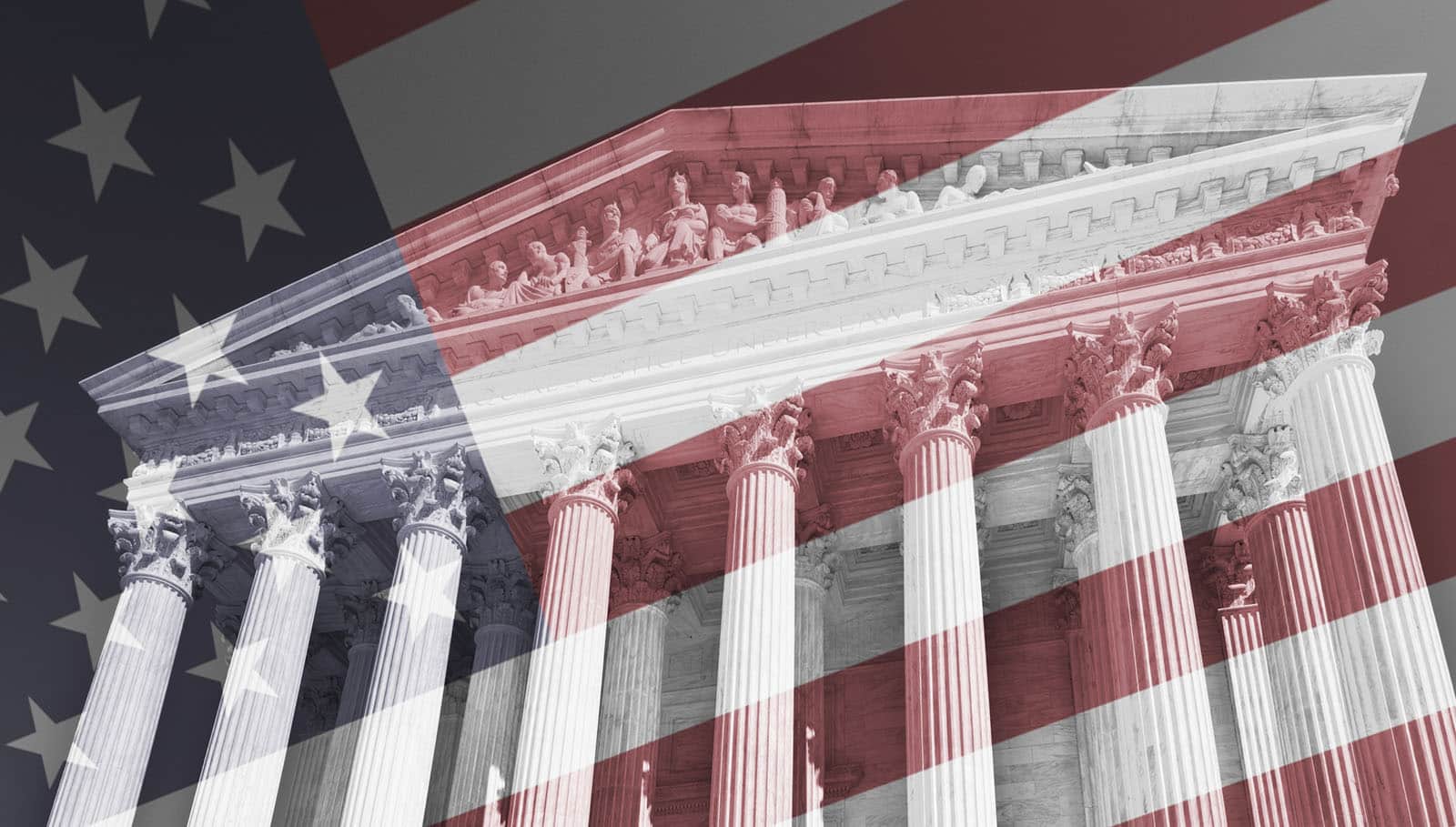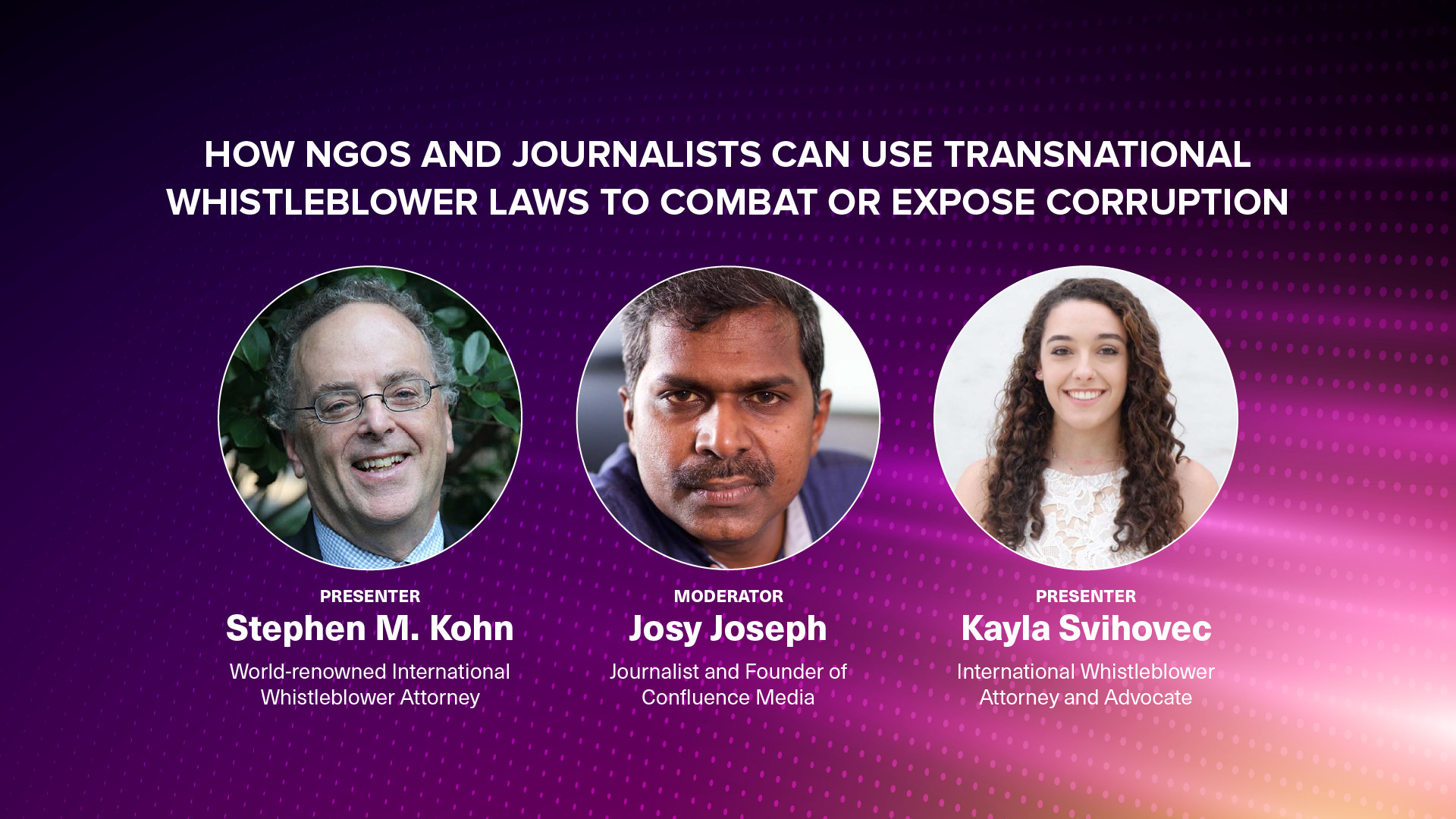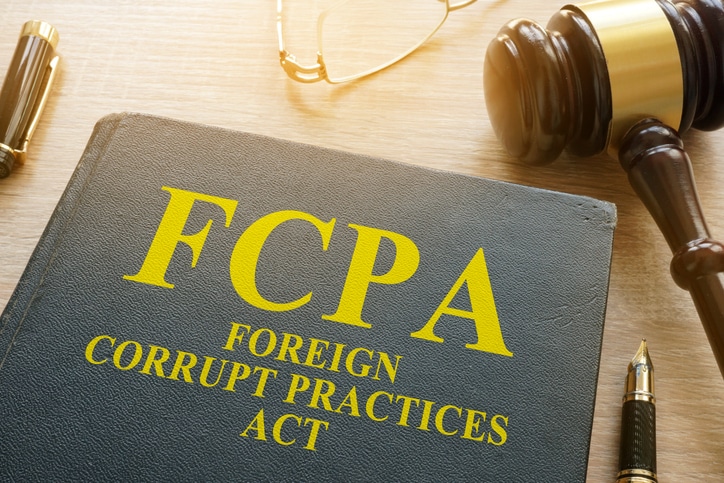Introduction to Corruption in Australia
In Australia, there is a public perception that corruption is increasing. We can see this in the more than 341 tips submitted to the U.S. Securities and Exchange Commission since 2010. And in the overall global corruption index rankings by various organizations.
Corruption in Australia ranges from bribery, extortion, and embezzlement to financial fraud, money laundering, and abuse of power – in both he public and private sectors. This type of fraud hinders economic and social growth and leads to an erosion of integrity.
Australia is failing to curb corruption in various states, with the media, trade unions, and political parties perceived as the most corrupt, with a particular concern regarding companies bidding and easily winning government contracts.
In this overview, we’ll go over the current state of corruption in Australia, such as the types most seen, examples, effects, anti-corruption efforts.
We’ll also provide readers with an overview of the translational U.S. whistleblower protection and award laws Australians can use if they have information involving a U.S. person or company engaging in such illegal activity.
The effects of corruption in Canada degrades the integrity of the institutions designed to serve the public. And when those institutions fail, the public loses trust. The long-term consequences are much father-reaching. Corruption in Canada impacts economic growth, social justice, and political stability, which is important for overall stability.
In this guide, we’ll provide an overview of corruption in Canada, including its forms, causes, and consequences, as well as legal frameworks and strategies being developed to combat corruption. More importantly, we’ll discuss the U.S. whistleblower protection and award laws available to those who have information regarding foreign corruption, money laundering, or a violation of U.S. securities, commodities, or tax law.
History of Corruption in Australia
Australia has been considered a low corruption country. However, the public perception is that this is on the rise, and there is strong data to back this. And albeit rather clean, the country has faced numerous instances of corruption throughout history.
Colonial Era (1788-1901)
During the colonial era, Australia was marked by significant corruption, especially with the convict system and land grants. Other forms of corruption occurred, such as bribery, embezzlement, and abuse of power. Political corruption also ran its course, where the administration at the time was involved in many instances of favoritism and misuse of funds.
- Rum Rebellion (1808): A significant example of corruption during the colonial era was the Rum Rebellion, a military mutiny in New South Wales that sought to overthrow Governor William Bligh. The rebellion was fueled by tensions over the control of the rum trade, which was a lucrative source of revenue for the military officers. The rebellion highlighted the prevalence of corruption and abuse of power within the colonial administration.
- Land Grant Scandals: The allocation of land grants during the colonial period was often marred by corruption. Favoritism and nepotism played a significant role in determining who received land, with wealthy individuals and officials often benefiting at the expense of ordinary settlers.
Federation and Early 20th Century (1901-1945)
The establishment of the Federation brought some improvements, however it continued to be a concern. During this time, several political scandals involving bribery and electoral fraud emerged, and the labor movement was majorly affected.
- Lang Labor Government Scandals (1930s): The Lang Labor government in New South Wales was plagued by corruption scandals in the 1930s. These scandals involved bribery, nepotism, and misuse of public funds. The exposure of corruption led to the downfall of the government and damaged public trust in the political system.
- Wheat Board Scandal (1920s): The Wheat Board, a government agency responsible for marketing wheat exports, was involved in a corruption scandal in the 1920s. Officials within the board were accused of misappropriating funds and using their positions for personal gain. The scandal harmed the reputation of the Wheat Board and led to reforms aimed at improving its governance.
Modern Era (1900s-Present)
Australian agencies have made very little progress in combatting corruption. Agencies such as the Independent Commission Against Corruption (ICAC) have been formed, which plays a role in investigating and addressing corruption cases. However, corruption remains an issue, especially as it relates to organized crime and foreign interference.
Types of Corruption in Australia
Australia has experienced a decline in transparency, accountability, and overall integrity, making it a country who is failing to address corruption. Some of the corruption plaguing the economy and society at large includes dirty money, bribery, and lack of governance in the mining sector.
Below are the types of corruption in greater detail:
Political Corruption
Political corruption in Australia includes bribery, which is the offering or accepting of money in exchange for favors. Embezzlement, which is the misappropriation of public monies for personal usage and enjoyment. And lastly nepotism, which is the act of appointing family, friends, or relatives in high positions or awarding them contracts.
Public Sector Corruption
Financial fraud continues to occur in the public sector, with over 341 tips submitted to the U.S. Securities and Exchange Commission since 2010. However, abuse of "official" power for personal benefit and situations where there has been a conflict of interest have occurred in recent years.
Corporate Corruption
The types of corruption happening here generally involve foreign bribery, but also issues with money laundering and tax evasion. Australia has had an issue with dirty money, which flows out of poor countries and into the wealthier ones, where it is invested in real estate and other markets.
Australian companies involved in mining, construction, and infrastructure are particularly exposed to corruption risks, with a poor track record prosecuting foreign bribery.
Organized Crime
When corruption is high, organized crime also increases. And in Australia, criminals are often engaged in extortion, which is the act of threatening violence if money isn't paid, as well illicit drug trading and human trafficking.
While some measures are in place to combat such corruption, many argue that these laws are not enough. Many organizations and advocates are focused on improving laws that incentivize, protect, and award whistleblowers who come forward with information, without fear of retaliation.
The Effects of Corruption in Australia
The effects of corruption in Australia can be seen in the overall health and trust of government, which is diminishing each day, according to studies.
Corruption can deter foreign and domestic investment, leading to a decline in economic activity. The lack of government resources dedicated to public service diminishes, resulting in a lower quality of life. Corruption can also undermine public trust in government institutions designed to serve the people, which leads to inequality and reduced social mobility.
From a political standpoint, corruption in Australia undermines democratic principles and erodes the rule of law, making it difficult to hold public officials accountable for their actions. Historically, these periods of increased corruption have led to increased climate of crime, such as money laundering, drug trafficking, and human trafficking.
The effects of corruption vary widely from one country to another, as well as the strength of the anti-corruption measures in place.
Anti-corruption Efforts in Canada
Australia has a robust anti-corruption framework in place to combat corruption. However, given their lack of protection and incentives for coming forward with information, it's recommended that Australian whistleblowers use U.S. protection and award laws, as these offer far better outcomes.
Below are a few of the agencies in Australia that have the power to investigate, prosecute, and recommend reforms to address corruption:
National Anti-Corruption Commission (NACC)
This is an independent federal Australian Government agency designed to combat corruption by public officials who are employed by the Australian Public Service (APS), such as politicians, ministers, parliamentarians, and other public servants. The name of this agency used to be the Australian Commission for Law Enforcement Integrity (ACLEI), but the name was changed in July 2023 to National Anti-Corruption Commission (NACC).
Independent Commission Against Corruption (ICAC)
The Independent Commission Against Corruption (ICAC) was established in New South Wales, Australia, in 1988 to monitor public sector corruption. It is a government agency in Australia tasked with investigating allegations of corruption in the public sector. It is not a law enforcement agency but rather has the power to investigate and report its findings to relevant authorities.
Corruption Prevention Division (CPD)
The Corruption Prevention Division (CPD) and Commonwealth Integrity Unit (CIU) are both organizations dedicated to combating corruption in Australia. The CPD, a unit within the Australian Federal Police, focuses specifically on investigating and preventing corruption within the AFP.
Commonwealth Integrity Unit (CIU)
The CIU, a joint agency unit with the CPD, investigates and prosecutes corruption across the broader Australian Public Service. While both organizations share the goal of maintaining the integrity of the public sector, their scope and membership differ. The CPD is solely focused on the AFP, while the CIU encompasses a wider range of government agencies and departments.
There are several others across the various states. For instance, the Crime and Corruption Commission (CCC) in Queensland, the Integrity Commission in Tasmania, The Independent Broad-based Anti-Corruption Commission (IBAC) in Victoria, and other such groups.
Reporting Corruption in Australia Using U.S. Laws
While Australia has made strides in combating corruption, its whistleblower protections often fall short of the robust standards established in the United States. Thus, whistleblowers do not come forward out of fear of retaliation or career loss, among other concerns.
The U.S. legal framework provides stronger safeguards for individuals who report wrongdoing, including anonymous filing options, protection from retaliation, and substantial financial rewards. To effectively fight corruption and minimize its detrimental effects, Australia must consider adopting similar measures.
By strengthening its whistleblower protections, Australia can encourage individuals to come forward and expose illicit activities, ultimately enhancing the integrity of its public institutions and fostering a more transparent society.
Below are some of the U.S. laws Australians can use now, which have protection and award provisions that can be taken advantage of:
Anti-Money Laundering (AML) Program
Overseen by the Financial Crimes Enforcement Network (FinCEN), the Anti-Money Laundering and Sanctions Whistleblower Program is designed to prevent and detect money laundering. It does this by requiring financial institutions to report suspicious activities and maintain strict record keeping.
This program offers awards of up to 30% to individuals who provide information leading to the conviction of money launderers or sanctions violations. Anonymous tips are permitted under this program, which further protections whistleblowers from retaliation.
Kleptocracy Asset Recovery Reward Program
NOTE: The Kleptocracy Assets Recovery Rewards program lapsed on January 1, 2024. Treasury will no longer be accepting information related to this program. However, more information is below.
The Kleptocracy Asset Recovery Reward Program, also under the U.S. Treasury Department, focuses on combating foreign government corruption. It aims to recover stolen assets and forfeit proceeds from illicit activities. While both the AML program and the Kleptocracy Asset Recovery Reward Program share the goal of identifying and seizing illicit funds, the Kleptocracy program specifically targets assets stolen by corrupt foreign officials. This initiative provides whistleblowers with the potential to earn rewards up to $5 million if their information facilitates the seizure, restraint, or forfeiture of assets associated with foreign government corruption.
Dodd-Frank Act
While primarily focused on financial reform, the Dodd-Frank Act expanded whistleblower protections and incentives. It increased the scope of individuals eligible for awards under the Securities and Exchange Commission’s (SEC) whistleblower program to include those reporting violations of the Foreign Corrupt Practices Act (FCPA).
The Foreign Corrupt Practices Act (FCPA) prohibits U.S. companies and individuals from bribing foreign officials to obtain or retain business. It also requires public companies to maintain accurate books and records and internal controls to prevent bribery. An example of a violation would be a U.S. company paying bribes to a foreign government official to secure a contract.
By adopting measures like those found in the United States, Australia can significantly improve its ability to combat corruption and build a more just and equitable society.
Conclusion
Australia, while generally considered a low-corruption country, has experienced instances of corruption in recent years. To effectively combat this issue, it is crucial to address the underlying causes and implement comprehensive measures.
Key measures include:
- Close the gap in money laundering laws so that real estate agents, lawyers, accountants and other service providers can do their due diligence to report suspicious activity.
- Provide and maintain a central database of beneficial ownership to track the ownership of companies to enhance due diligence – making it hard for people to hide their identities.
- Make the detection and prosecution of foreign bribery easier by amending laws, developing stronger strategies, and increasing regulatory requirements.
- Australia must develop clearer laws consistent with the those of U.S., which are robust and have transnational coverage.
- Protect whistleblowers in both the public and private sectors against retaliation so that they are more willing to come forward with information.
Whistleblowers, generally on the front lines, are the best detectors in the fight against corruption. By strengthening protections and incentives for whistleblowers, more cases of corruption will be exposed and brought to light.
Effective whistleblowing is supported by a strong legal and institutional framework, a culture of transparency and accountability, and public engagement.
Seeking Legal Assistance?
Have you uncovered evidence of corruption involving fraud against the U.S. government or a U.S. company bribing foreign officials? Our firm has extensive experience in complex corruption cases, including the high-profile $230 billion money laundering scheme exposed by our client, Howard Wilkinson.
We understand the risks and challenges associated with whistleblowing and are dedicated to protecting your rights and interests. Don't let corruption go unpunished. Contact us today for a confidential consultation.






